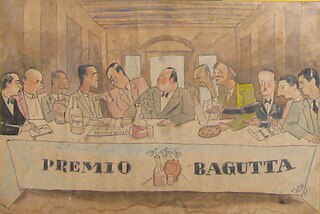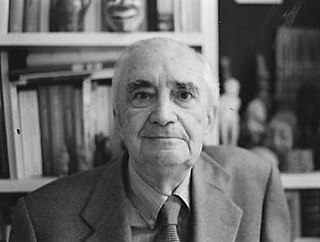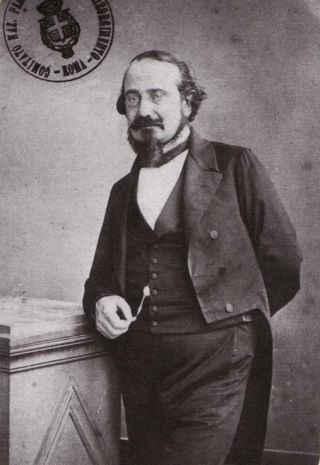Related Research Articles
Ludovico Geymonat was an Italian mathematician, philosopher and historian of science. As a philosopher, he mainly dealt with philosophy of science, epistemology and Marxist philosophy, in which he gave an original turn to dialectical materialism.

The Bagutta Prize is an Italian literary prize that is awarded annually to Italian writers. The prize originated among patrons of Milan's Bagutta Ristorante. The writer Riccardo Bacchelli discovered the restaurant and soon he regularly gathered numerous friends who would dine there together and discuss books. They began charging fines to the person who arrived last to an appointed meal, or who failed to appear.

Paolo Gorini was an Italian mathematician, professor, scientist, and politician renowned as a pioneer of cremation in Europe, primarily in the United Kingdom.

Remo Bodei was an Italian philosopher. He was a professor of the history of philosophy at the UCLA University, Los Angeles California, and also taught at the University of Pisa and Scuola Normale Superiore di Pisa. Bodei was born in Cagliari. His initial interests were in classical German philosophy, and the Weimar Classicism period (1770–1830). He subsequently penned over 200 papers on utopian thinkers of the eighteenth and nineteenth centuries, and contemporary political thought. He died in Pisa, aged 81.

Virgilio Tosi was an Italian documentary filmmaker and historian of early film.
Giorgio Prodi was an Italian medical scientist, oncologist and semiotician.
Donatella della Porta is an Italian sociologist and political scientist, who is Professor of political science and political sociology at the Scuola Normale Superiore. She is known for her research in the areas of social movements, corruption, political violence, police and policies of public order. In 2022, she was named a fellow of the American Academy of Arts and Sciences.
Giulio "Delminio" Camillo was an Italian philosopher. He is best known for his Theatre of Memory, described in his posthumously published work L’Idea del Theatro.

Giulio Giorello was an Italian philosopher, mathematician, and epistemologist.

Roberto Esposito is an Italian political philosopher, critical theorist, and professor, notable for his academic research and works on biopolitics. He currently serves as professor of theoretical philosophy at the Scuola Normale Superiore in Pisa.
Michele Marsonet is professor of philosophy of science and methodology of the human sciences, chairman of the philosophy department and vice-rector for international relations at the University of Genoa in Italy. Having worked as associate professor, first of logic and then of philosophy of science, at the University of Genoa from 1992 to 1999, he was then a full professor of theoretical philosophy and institutions of philosophy. He was also dean of the faculty of arts and humanities of the University of Genoa from 2002 to 2008. His main areas of study are in pragmatism, philosophy of science, metaphysics, methodology of the social sciences, political philosophy and philosophical logic. He has published extensively on the works of Nicholas Rescher.

Augusto Del Noce was an Italian philosopher and political thinker. He is regarded as one of the preeminent political thinkers and philosophers after the Second World War in Italy.

Bertrando Spaventa was a leading Italian philosopher of the 19th century whose ideas had an important influence on the changes that took place during the unification of Italy and on philosophical thought in the 20th century.

Marco Tarchi is an Italian political scientist. He is currently full professor of Political Science, Political Theory and Political Communication at the Cesare Alfieri School of Political Sciences of the University of Florence. His research is focused primarily on populism, democracy, political organization, and the extreme right.
Viviana Mazza is a writer and a journalist at the foreign desk for the Italian daily newspaper Corriere della Sera. At Corriere she specializes in covering the United States and the Middle East. She has also covered, among other countries, Pakistan, Afghanistan and Nigeria. She edits the America-Cina newsletter and contributes to the La27Ora blog.

Chiara Frugoni was an Italian historian and academic, specialising in the Middle Ages and church history. She was awarded the Viareggio Prize in 1994 for her essay, Francesco e l'invenzione delle stimmate.
Paolo Prodi was an Italian historian and politician.
Giacomo Todeschini is an Italian historian, medievalist, specialized in history of economic thought.
Umberto Curi is an Italian philosopher and former professor at University of Padua.
References
- ↑ "Paolo Rossi Monti: 2009 Balzan Prize for the History of Science". Fondazione Internazionale Premio Balzan.